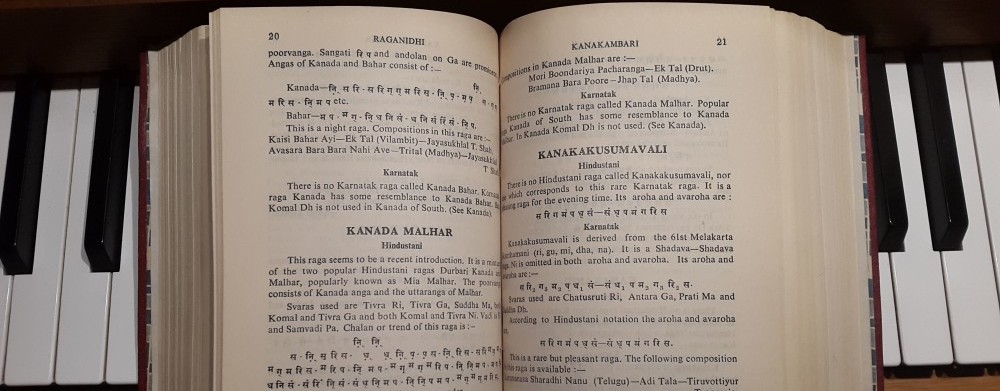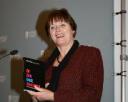To my former message concerned with the book ‘Zo zijn onze manieren’ (’On our own terms’), I’d like to add that in relation to this book there will be an interesting debate in Amsterdam on multiculturality and development aid: Unearthing Possible Linkages: Connecting multi-culturality in the West to Development Assistance to the Global South.
Former prime minister of the Netherlands and UN High Commissioner for Refugees Dr.Ruud Lubbers in his capacity as chair of the World Connectors and Dr. Yolanda van Ede (University of Amsterdam) as contributor to the volume will discuss these matters with students of the Radboud University, Nijmegen, the University of Amsterdam, and Leiden University.
Achieving social cohesion among ethnicities, and improving the position of women in religious based communities are important concerns in debates on multi-culturality in the West. Interestingly, these concerns are also prominent on the agenda of Development Assistance to the Global South. Is this pure coincidence? Or, are there linkages between the preoccupations in the West and the interventions in the field of development aid? Concomitantly, we must also ask ourselves whether we need to rethink our approaches to both multi-culturality and development assistance. The new edited volume On our own terms…Perspectives on multi-culturality in the Netherlands by Dr. Francio Guadeloupe and Dr.Vincent de Rooij claims that in relation to the multicultural reality of the Netherlands we must come to accept the lingering traces of the long colonial moment in order to begin the arduous though necessary task of building a community of valid persons.


